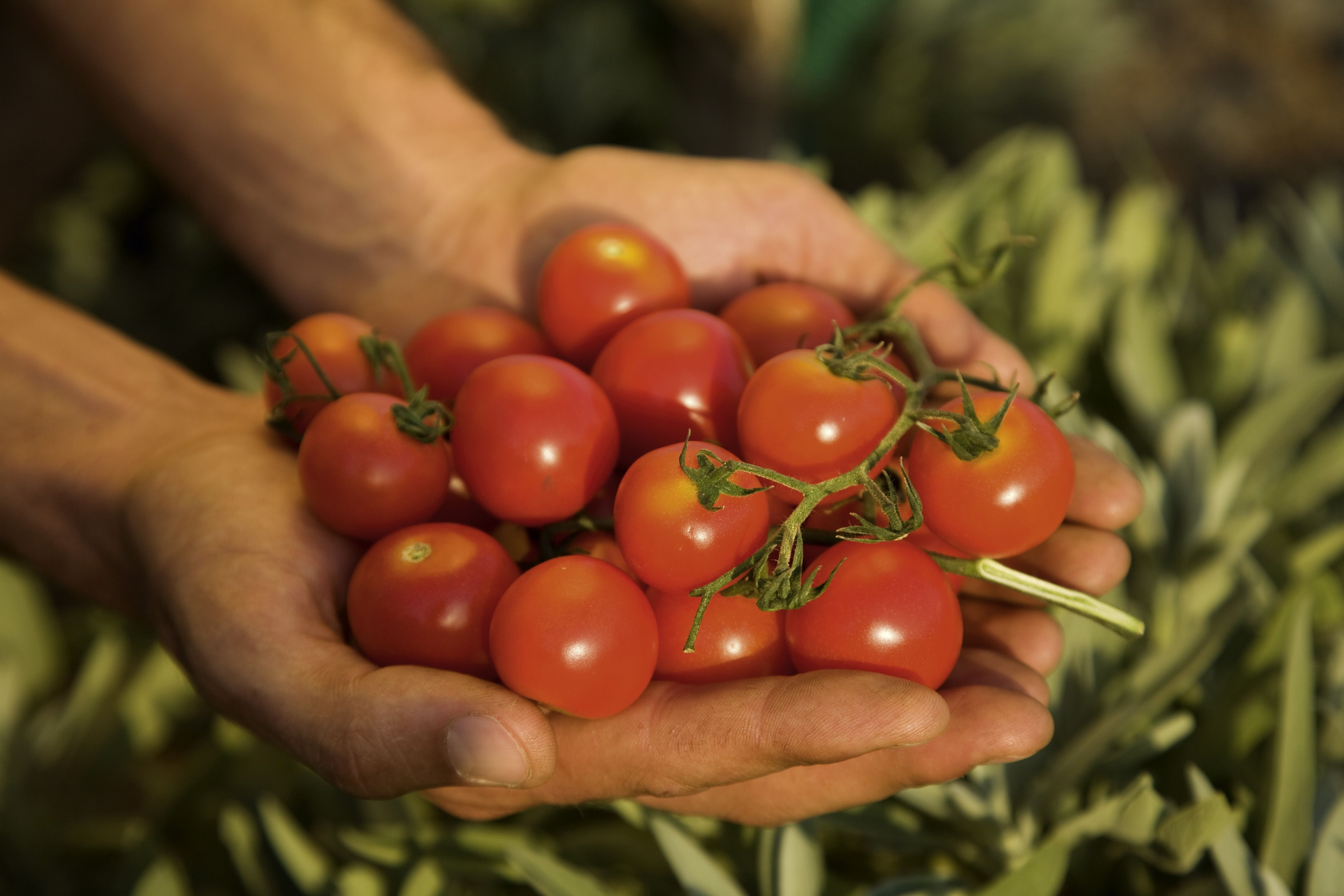
A
In recent years, much has been said about the development of organic farming in Bulgaria. There are already farmers who have started to work this way, but there are still many people who are not aware of the concepts of this type of farming, products and food!
Organic products are divided into two main groups – food and non-food. Organic food is a product of organic farming that has been grown and processed without the use of synthetic materials in cultivation – such as synthetic fertilizers, pesticides, antibiotics, hormones, growth regulators, and food additives such as preservatives, colorants, artificial sweeteners, processing substances. Organic food is forbidden to use genetically modified organisms and their derivatives. The production of this type of products is carried out according to the requirements of specific standards and is subject to control by certification bodies, which may be public and / or private (independent). Requirements for the production of non-food organic products are the same as for food.  Such products may be produced by processing organic products, and processing should also avoid the use of artificial products. Widely used such products are essential oils, organic cosmetics, organic fabrics, and so on. Depending on the economic direction in which the bioproduct is produced, the concepts of an organic or organic product can also be used. These concepts are fully equivalent.
Such products may be produced by processing organic products, and processing should also avoid the use of artificial products. Widely used such products are essential oils, organic cosmetics, organic fabrics, and so on. Depending on the economic direction in which the bioproduct is produced, the concepts of an organic or organic product can also be used. These concepts are fully equivalent.
Certified organic production dates back to the 1980s. It develops in almost all countries of Western Europe and the United States. In the beginning, the number of organic farms is small, but in the 1990s dynamic development began as a result of state subsidies and increased consumer interest. From year to year, organic production has convincingly conquered its territory globally and also in Bulgaria. Organic farming is practiced in over a hundred countries around the world. An increasing number of consumers are looking for healthy, nutritious and unpolluted with fertilizers and other chemical ingredients production. Their motivation varies from concerns about the ecological balance of the earth to the concerns about their own health.
The main focus in the production of organic products in Bulgaria is on the multi-year crops – apples, strawberries, raspberries, plums, hazelnuts and rose oil are the products that make up the bulk of organic products exported from our country.
and the development of organic farming is good to know what is meant by this term – it is a comprehensive system approach based on a system of processes that lead to ecosystem sustainability, preserve food, good nutrition, animal welfare and social justice “.
Organic farming is characterized by the responsible use of energy and natural resources, the maintenance of biodiversity and local ecological balance, the preservation and improvement of soil fertility, animal welfare and attention to their specific behavioral needs.
Organic or organic livestock farming means raising domestically-adapted animal breeds by applying close-to-natural methods of living that reduce stress and provide good health. Animals feed on organically grown feeds, use of growth regulators is prohibited and minimal use of antibiotics is prohibited. The ratio between the number of animals and arable land is also strictly monitored. It is imperative to provide enough space for the appearance of their natural behavior, such as walking and grazing in the open air, etc. Some products, such as herbs and wild mushrooms, which are not grown in the true sense of the word but are harvested in the natural state, are considered organic if they are harvested from areas where there is no industrial pollution or chemical treatment, and processed in a biological way.
Worldwide there is a progressive development of this type of farming, with Latin America and Africa having the largest increase in certified areas. Continental rankings are headed by Australia and Oceania, where about one-third of certified areas in the world are followed, followed by Europe and South America. The country with the largest area of biologically managed land is Australia, followed by Argentina and Brazil.
The organic products market is one of the world’s fastest growing markets, with annual growth of around 15%. The largest consumers of organic products are North America and Europe. Typical of these two markets is that supply is lagging behind in demand and imports, especially of meat and dairy products, from South America, Asia and Australia. In Europe, market growth in 2008 was high compared to 2007, but the current economic crisis has already had a negative impact on the growth trend in the sector.
In Bulgaria, organic production is still under-represented – as a percentage of the total agricultural area, the areas for bio-production in Bulgaria have the lowest share among all other EU countries. Most of the ecological production is exported abroad, with about 6-7% of the market in the country.
According to statistics, over 90% of the currently certified organic production in Bulgaria is exported mainly to Western European countries, the United States and Canada. These are mainly herbs, fruits, vegetables, honey and nuts. And among the most common organic wildlife products are mushrooms, herbs and nuts.
In Bulgaria, organic production is yet to be traced, although it is by expert judgment that this is an exceptionally suitable sector for Bulgaria – due to its real natural features and the less soiled land and its image as a traditional producer of quality agricultural products. Only organic beekeeping and the production of bee products, traditional agricultural activity in Bulgaria, show high and competitive results.

